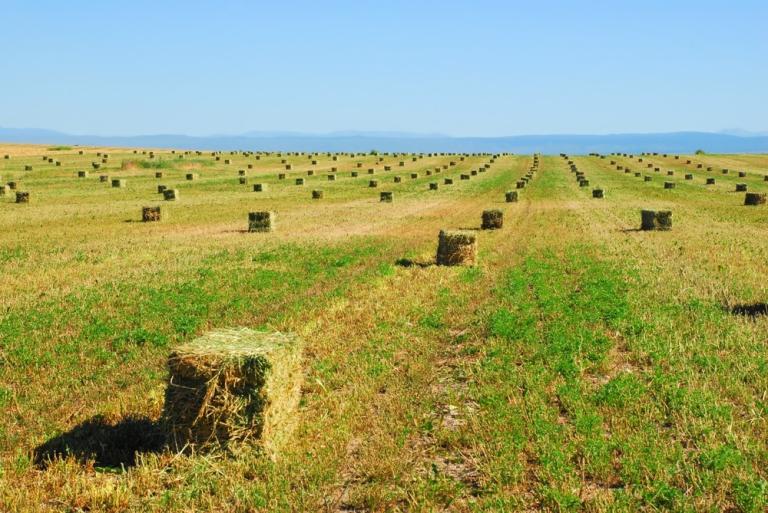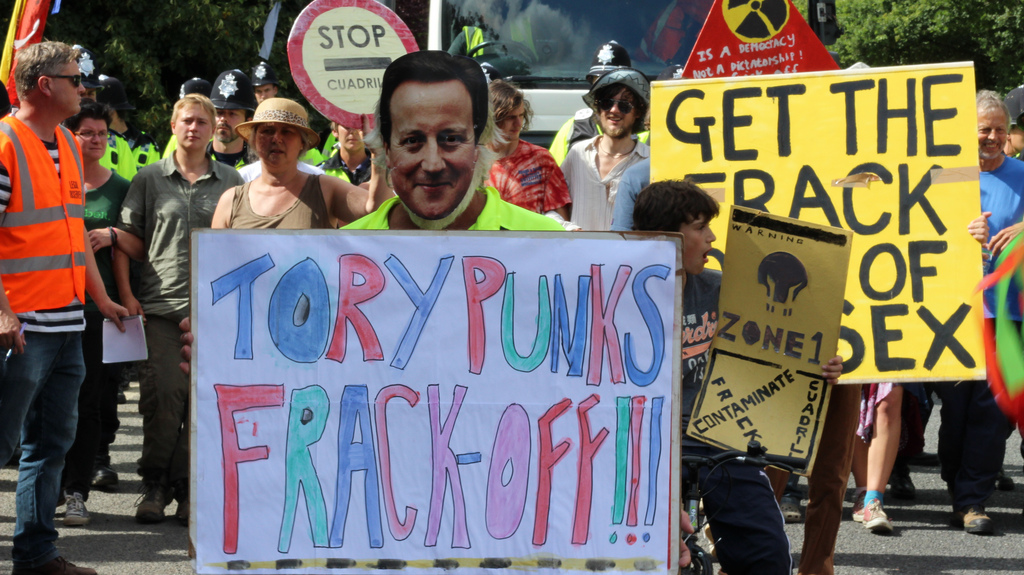
Push EuropeBritish fractivists making some noise.
British opponents of fracking will continue to occupy the side of a road in a village 35 miles south of London — and they won’t have to fear being arrested for trespassing. A court ruled that a local council’s eviction notice was flawed.
The encampment of anti-fracking protesters in the village of Balcombe has become a symbolic occupation that at times has swollen to thousands of people. More than 100 have been arrested during protests since July. It’s the highest-profile battle in a war being waged across Europe by environmentalists and regular citizens who don’t want their countries to emulate America’s fracking boom.
The West Sussex County Council issued an eviction notice last week, ordering the protesters to clear out their belongings and break down the camp, which was set up near an exploratory drilling rig operated by Cuadrilla. But attorneys for the protesters argued in court that the notice violated their rights — rights such as freedom of assembly and freedom of speech.
A judge adjourned the case until October, which means the protesters will outstay the current drilling operation. From the BBC:
Two weeks ago Cuadrilla announced it had withdrawn an application for an extension to its planning permission for exploratory drilling at Balcombe.
A new planning application for the site would be lodged in the near future, the firm said, but not before next year.
Vanessa Vine, a local resident who helped organize the protests, welcomed the judge’s ruling. “We are delighted to see sanity and justice prevailing for the Balcombe protectors,” she told The Guardian. “When will West Sussex county council take action to evict those who are genuinely posing a threat to the local community — those within the gates of the drill site who are putting us at grave risk, for short-term ecocidal corporate gain?”




